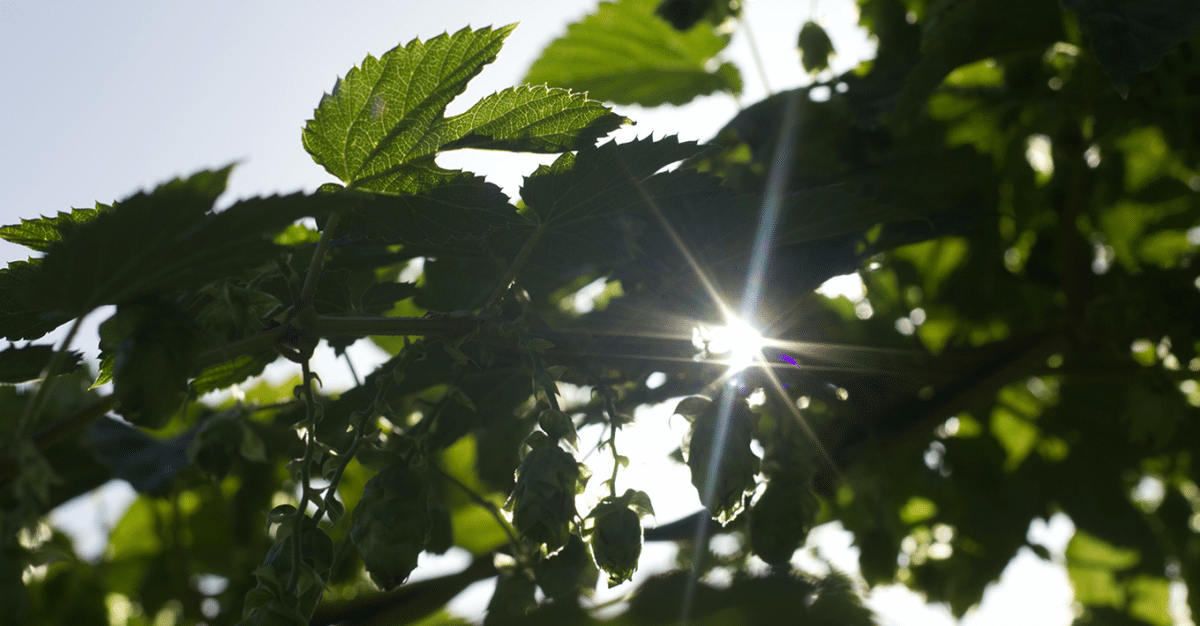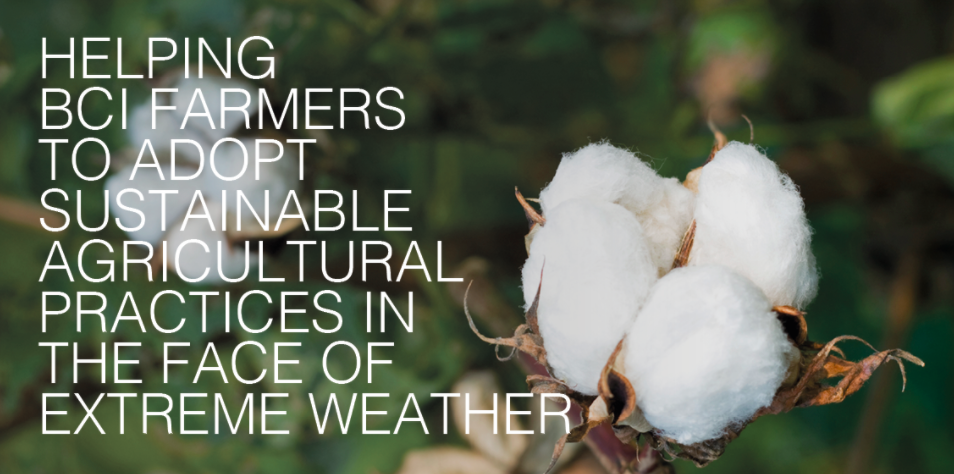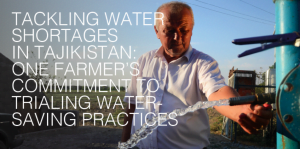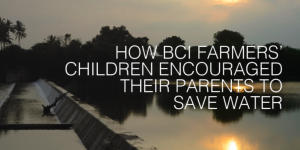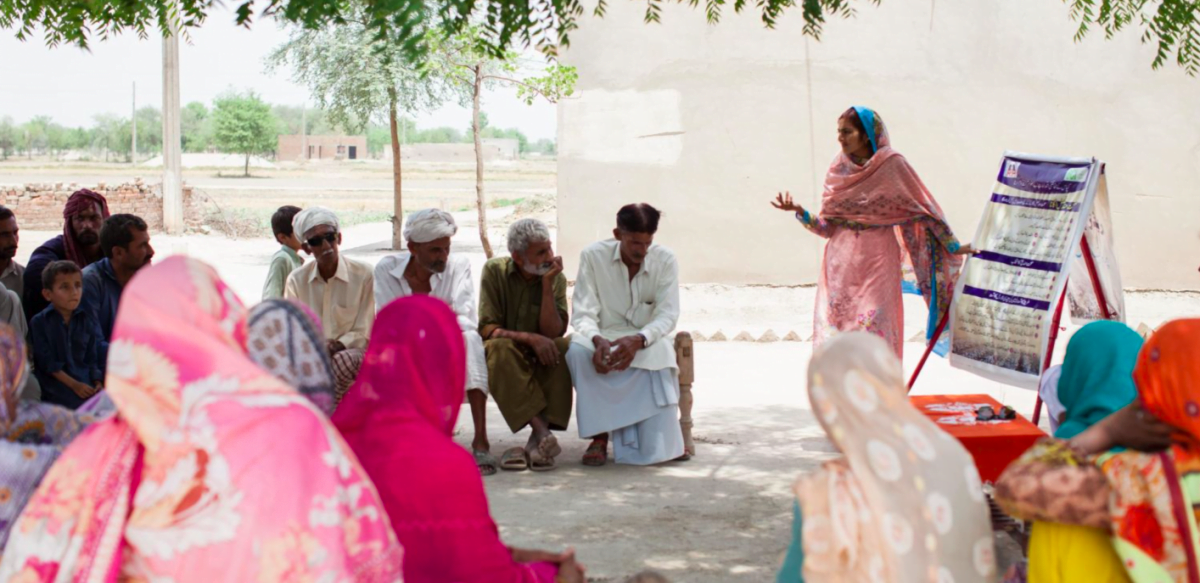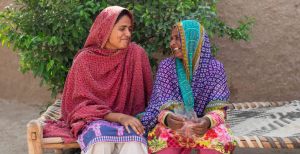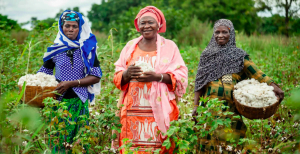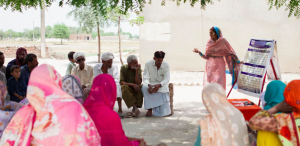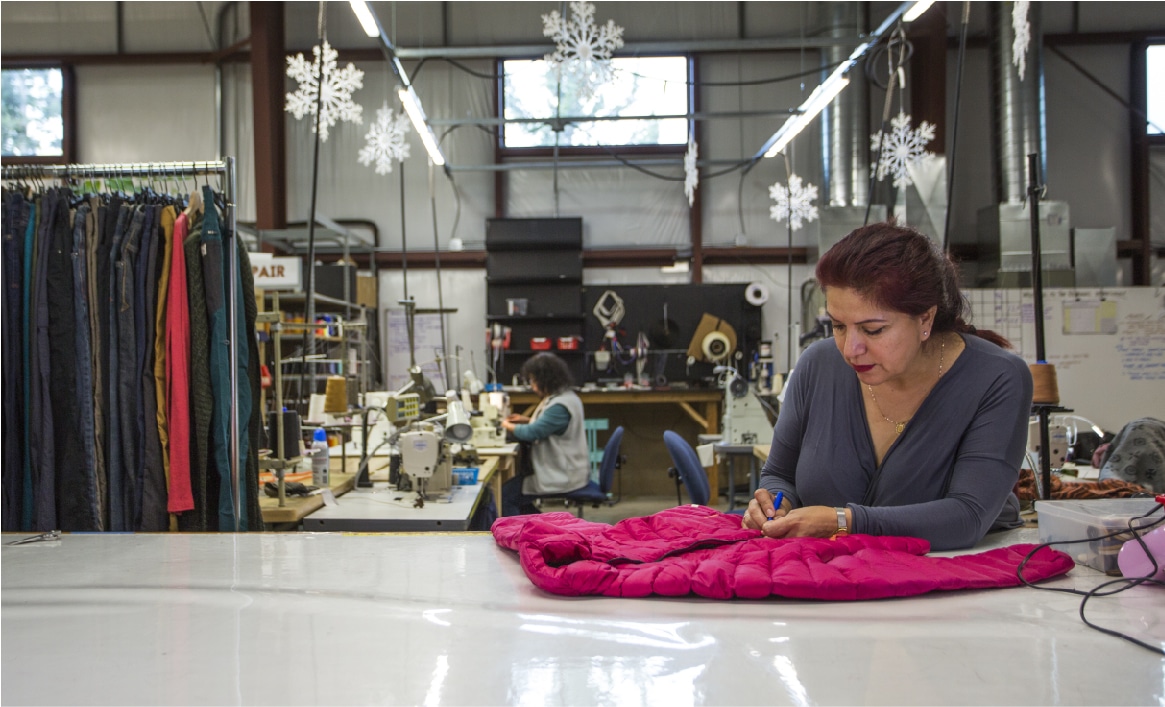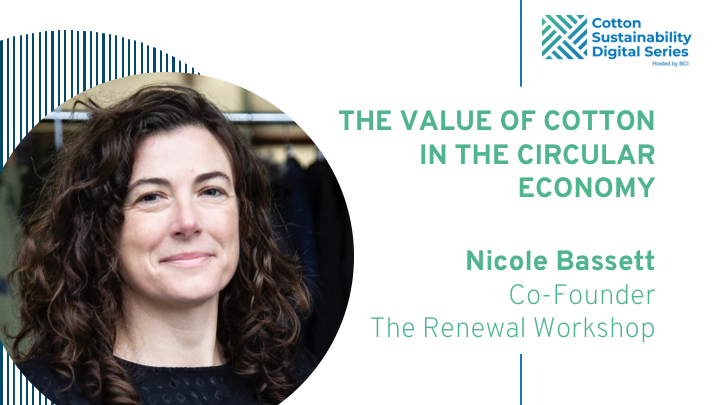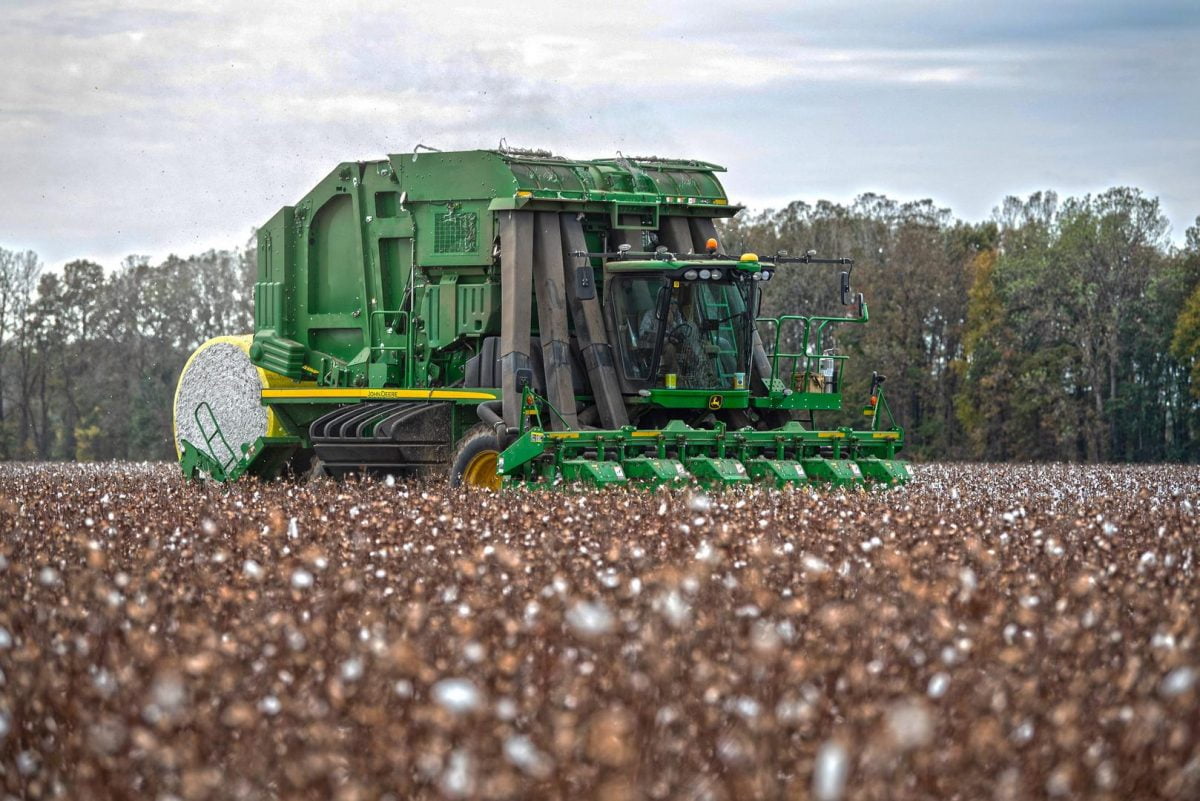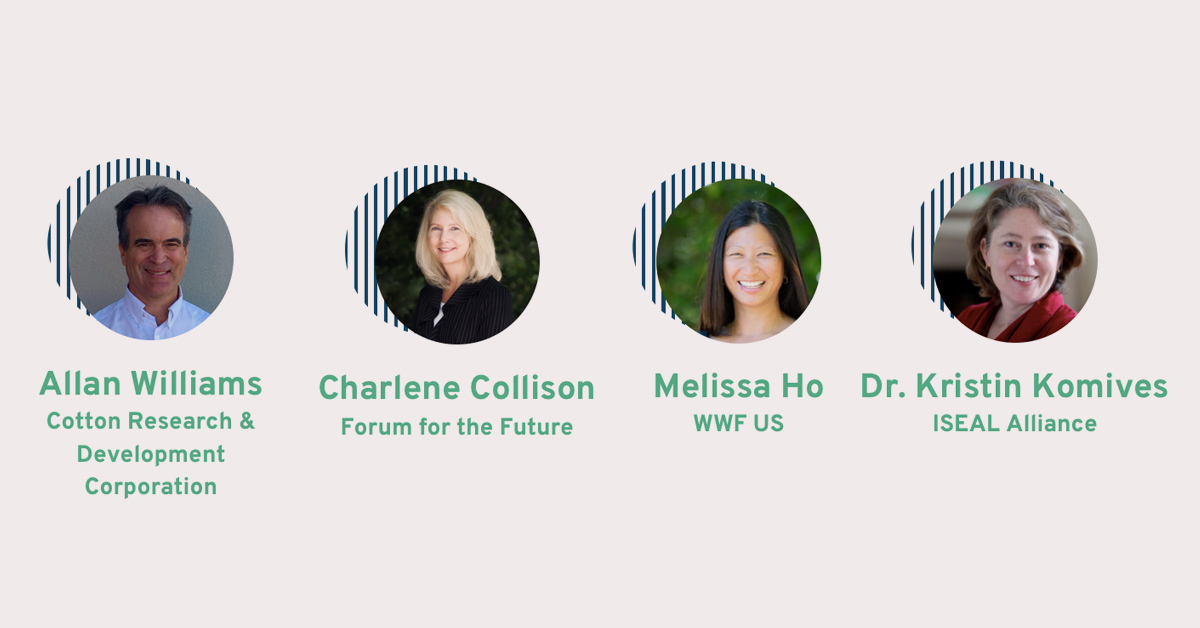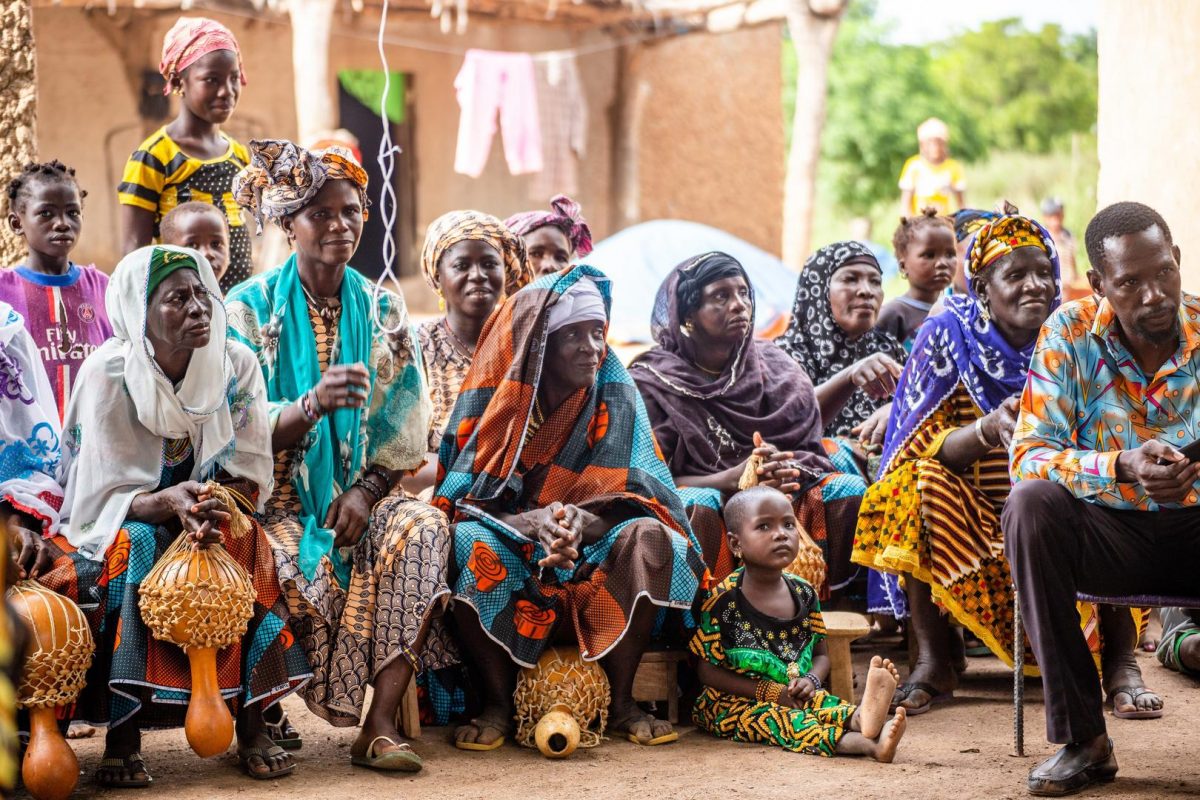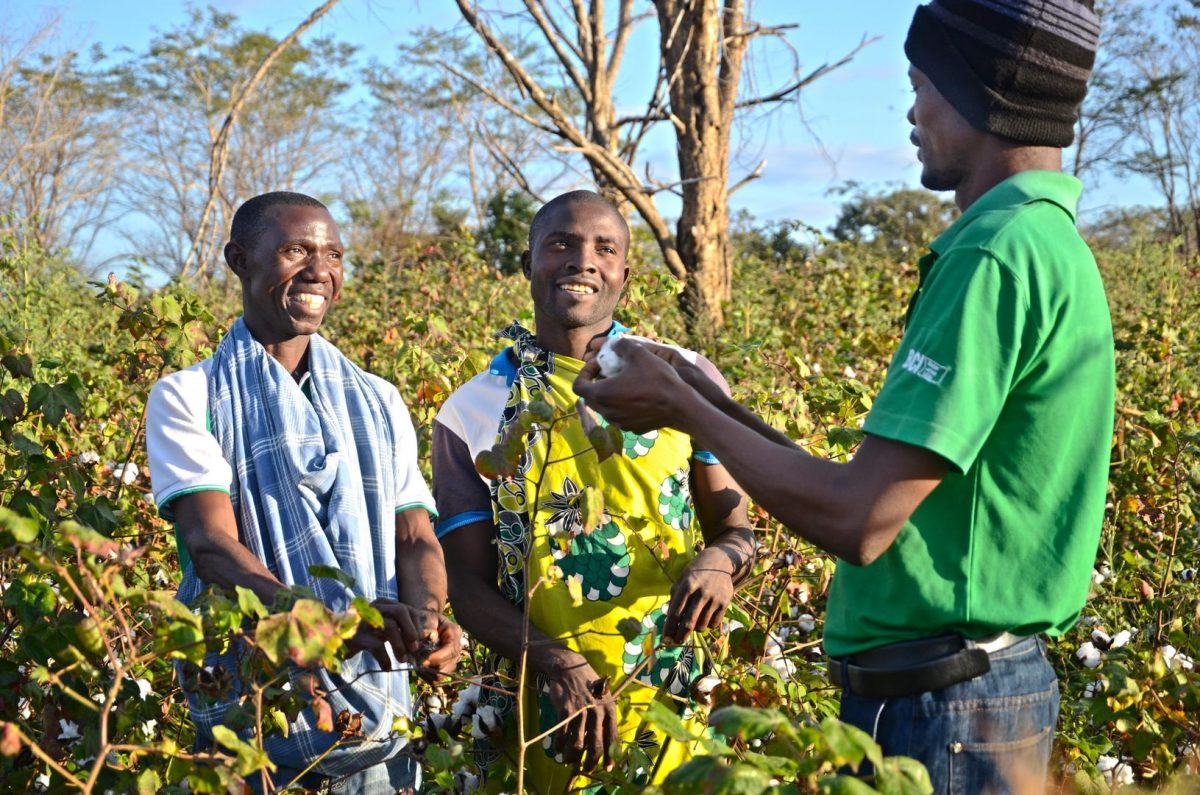As the largest cotton sustainability programme in the world, BCI works with members across the cotton supply chain – from farm to retail – to ensure there is continuous demand for and supply of Better Cotton, the cotton produced by licensed BCI Farmers.
In the second half of 2020, BCI was delighted to welcome 197 new members, including 24 retailers and brands and 170 suppliers and manufacturers, as well as one new civil society organisation and two new associate members.
You can find a list of all members who joined BCI in the second half of 2020 here.
The latest retailers and brands to join BCI and support Better Cotton are: BIG W, DR Ling Indústria e Comércio, Eterna Mode GmbH, Galeria Karstadt Kaufhof GmbH, JD Sport Plc, JYSK, Koton Magazacilik Tekstil Sanayi Ve Ticaret A.S., Lands End, Luxottica Group, Maison Tess, Marc Cain GmbH, Masai Clothing Company, Mustang Group, New Balance Athletics, Inc., Newbale Clothing Pty Limited, Peek & Cloppenburg KG Hamburg, Reiss, Sprinter Megacentros del Deporte SL, Stitch Fix. Inc, Suzhou Les Enphants Children Articles Co., Ltd, The Workwear Group Pty Ltd, Tommy Bahama, Wehkamp and Zimmermann Wear Pty Limited.
In 2020, Koton Magazacilik Tekstil Sanayi Ve Ticaret A.S. became the first Turkish brand to join BCI. Mrs G√ºlden Yƒ±lmaz, Koton Board Member, said, ”Sustainability is vital for our business and essential to address our consumers’ changing priorities and needs. As an important step in our sustainability journey, we became the first Turkish brand to become a member of BCI. We are proud to raise awareness of the initiative and Better Cotton in Turkey. We aim to source 10 percent of all our cotton-containing products as Better Cotton by the first anniversary of our BCI membership (November 2021), rising to 60 percent over the next five years.”
DelRio (DR Ling) became BCI’s second Brazilian retailer and brand member in 2020. ”By joining BCI, we affirm our purpose to continuously improve our commitment to the environment and more sustainable practices. Our ambition is to progressively expand our sourcing of more sustainable cotton in the coming decade to reach the target of 100% of our cotton sourced as Better Cotton,” said Carlos Pereira de Souza, President, Del Rio.
BCI’s demand-driven funding model means that when BCI’s retailer and brand members source cotton as Better Cotton it directly translates into increased investment in training for cotton farmers on more sustainable practices. Learn more about BCI’s mass balance chain of custody model.
In addition to retailers and brands, 170 new suppliers and manufacturers joined BCI in 2020. Organisations joined from 25 countries including Poland, Peru, South Korea, Egypt and Mauritius. Suppliers and manufacturers form a critical link between Better Cotton supply and demand, and they ensure increased volumes of Better Cotton can flow through the supply chain.
”After a challenging year due to Covid-19, it has been incredibly encouraging to see businesses across the cotton supply chain continue to address sustainability challenges and commit to sourcing and supporting more sustainable cotton,” commented Paula Lum Young-Bautil,Deputy Director, Membership & Supply Chain, BCI.
Through 2020, more than 400 organisations joined BCI, taking BCI’s total membership to just shy of 2,200 members at the end of the year. Find a full list of all BCI Members here.
Learn more about BCI membership.
Read more








































